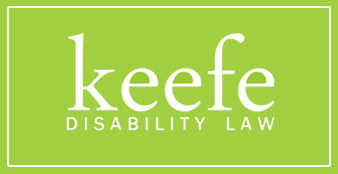If you have trouble falling asleep or staying asleep though the night, you are not alone. According to the National Institute of Neurological Disorders and Stroke, more than 40 million Americans suffer from chronic sleep disorders. These people are either unable to sleep, or they wake up feeling tired even after enough sleep.
A sleep disorder is a medical disruption in sleep pattern. There are about 70 different sleep disorders.
12 Most Common Sleep Disorders
Twelve of the most common sleep disorders include:
- Hypopnea Syndrome: Abnormally shallow breathing, slowed respiration, or interruption in breathing while sleeping.
- Obstructive sleep apnea: Physical obstruction of the airway during sleep that causes a lack of sufficient deep sleep.
- Bruxism: The involuntarily grinding or clenching of the teeth while sleeping.
- Restless Legs Syndrome (RLS): A person cannot sleep because of a compulsion to move the legs.
- Periodic Limb Movement Disorder (PLMD): Sudden involuntary movement of arms and/or legs during sleep. This often accompanies RLS.
- Delayed Sleep Phase Syndrome (DSPS): A disorder of circadian rhythms that cause the patient to wake up and fall asleep at abnormal times. Similar disorders include advanced sleep phase syndrome (ASPS) and Non-24-hour sleep-wake syndrome (Non-24), both much less common than DSPS.
- Shift Work Sleep Disorder: a disruption in the sleep cycle due to unusual work hours.
- Somnambulism (Sleep walking): Engaging in activities of daily life while asleep.
- Night Terrors: An abrupt awakening from sleep accompanied by frightened behavior.
- Sleep Paralysis: A temporary paralysis of the body shortly before or after sleep.
- Rapid Eye Movement Behavior Disorder (RBD): The acting out of dreams while in REM sleep.
- Narcolepsy: Excessive daytime sleepiness that causes a patient to involuntarily and spontaneously fall asleep at inappropriate times.
Sleep disorders can affect a person’s physical and mental health. Night after night of interrupted sleep can leave a person exhausted and drowsy. He or she may experience episodes of microsleep, temporary loss of consciousness that last a few seconds to a few minutes. The lack of sleep can also have a psychological impact; it can affect judgment and emotions.
Are You Looking for a Social Security Disability Attorney in Boston, MA?
If you are looking to apply for social security disability, you need to speak with an experienced social security disability lawyer as soon as possible. Please contact us online or call our Natick Office directly at 508.283.5500 to schedule your free consultation.


